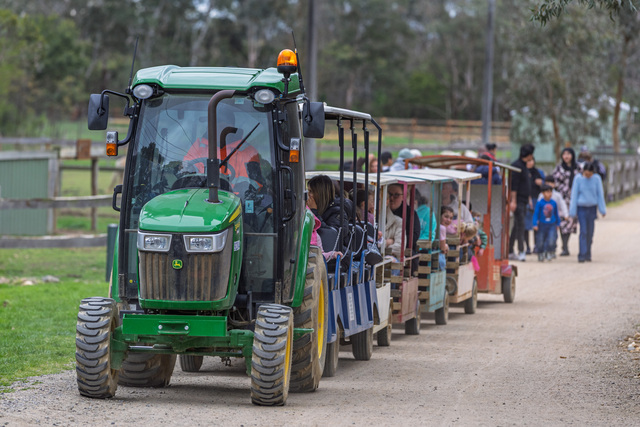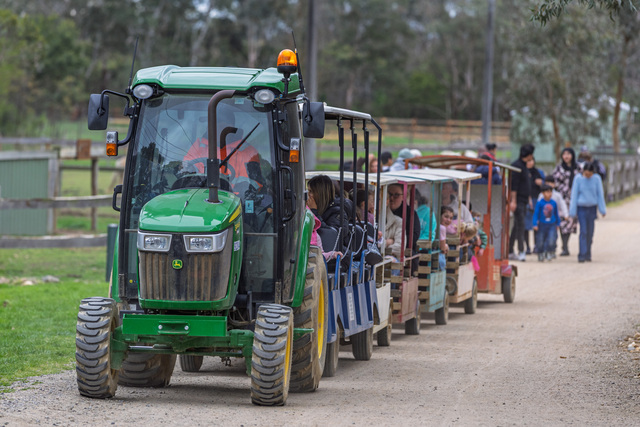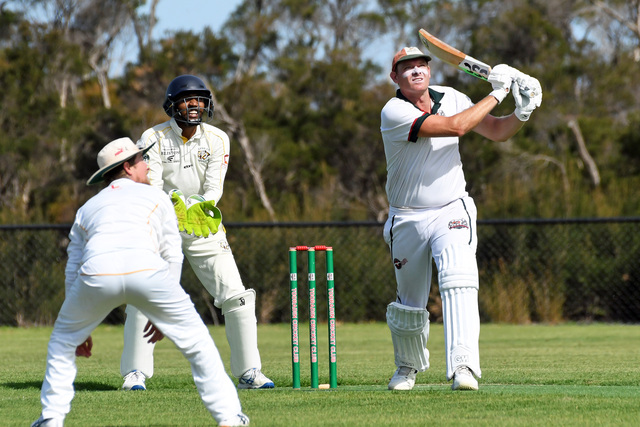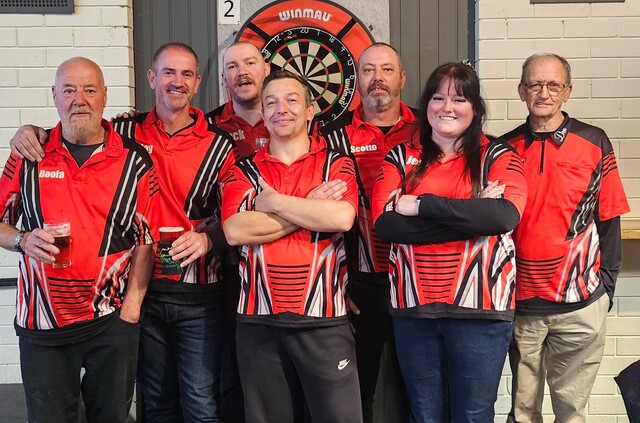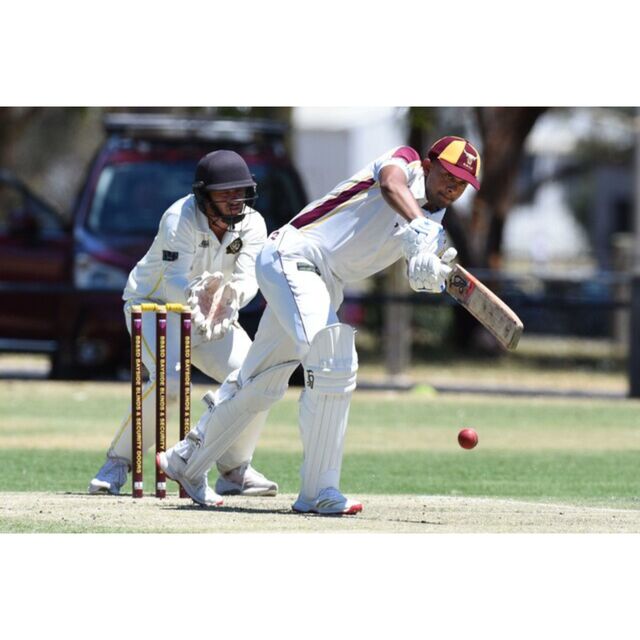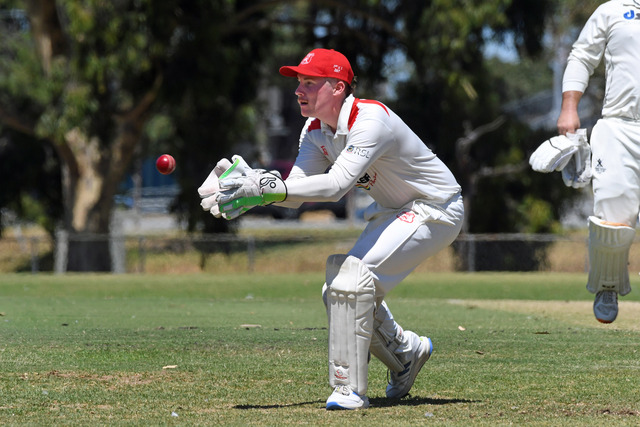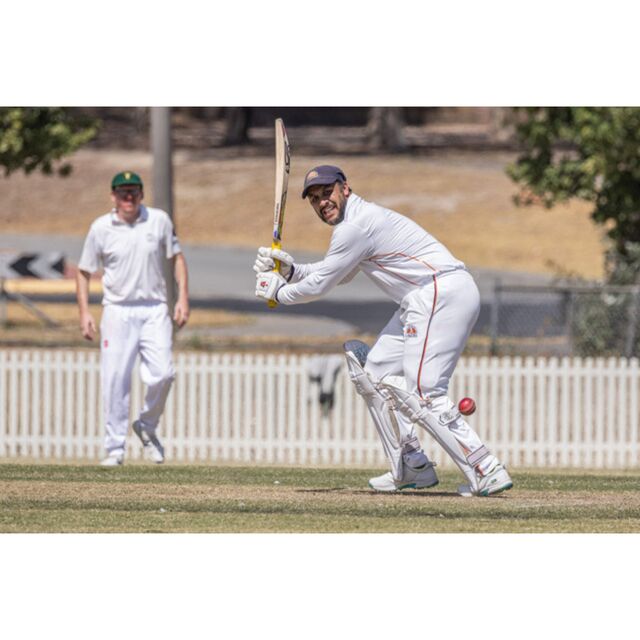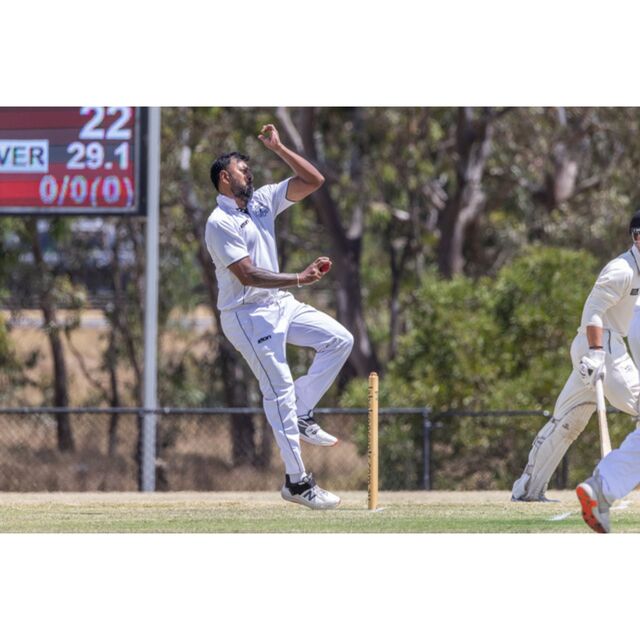On 8 March, people across Australia will mark International Women’s Day (IWD), and, in particular, commemorate the 20th anniversary of the Beijing Platform for Action which envisions a world where women and girls are treated equally to their brothers, husbands and fathers.
While there have been many achievements in Australia over the past 20 years – in the last few months alone Rosie Batty was named Australian of the Year and Linda Dessau was named Governor of Victoria – there is still a long way to go.
The gender pay gap is at 17.1 per cent and women in the top levels of management are getting paid up to 45 per cent less than their male colleagues.
VicHealth’s National Community Attitudes Survey on Violence Against Women, released late last year, revealed some worrying statistics about Australians’ attitudes to gender equality in public life.
Twenty seven per cent of Australians believe that men make better political leaders than women, a 4 per cent increase since 2012.
Twelve per cent of Australians believe that when jobs are scarse that men have more right to a job than a woman.
And 5 per cent of Australians believe university education is more important for a boy than a girl.
VicHealth focuses on preventing violence against women because it is a significant and preventable contributor to ill health.
Over the last decade, we’ve built an irrefutable body of evidence on the health impacts and causes of violence against women.
Sexist and violent behaviour is learned and it can be unlearned.
International Women’s Day is a time to stand up and challenge attitudes which work against achieving equality between men and women.
Jerril Rechter,
CEO VicHealth.
Platform for change
Digital Editions
-

Teens arrested after armed ‘cab-jacking’ in Dandenong
Three teenagers have been arrested after the alleged armed carjacking of a taxi in Dandenong. Police were called to Dandenong railway station about 2.50am on…






